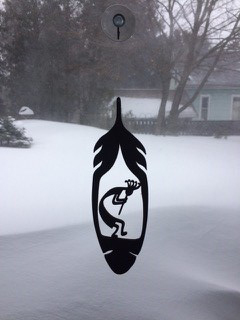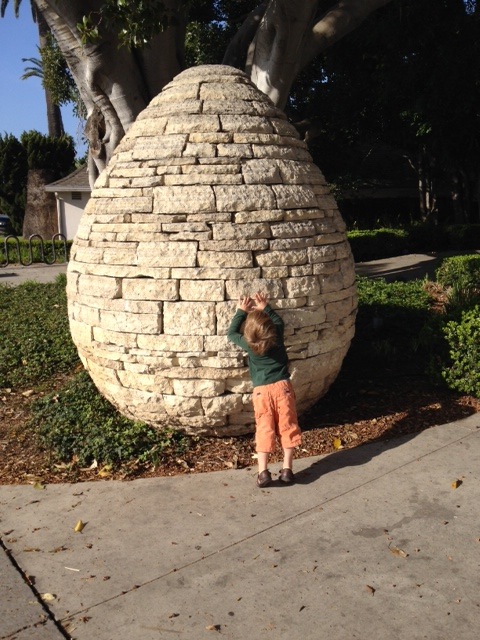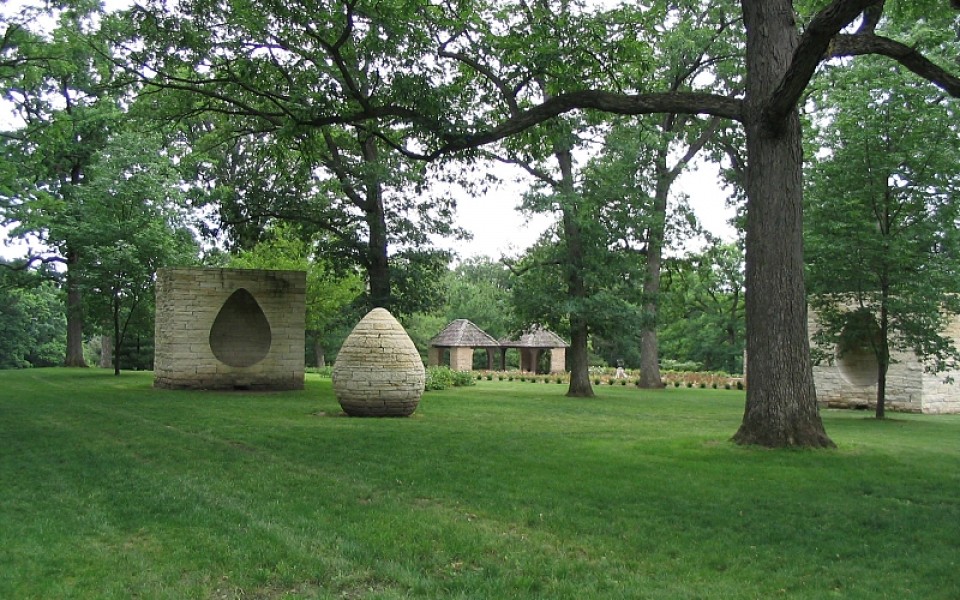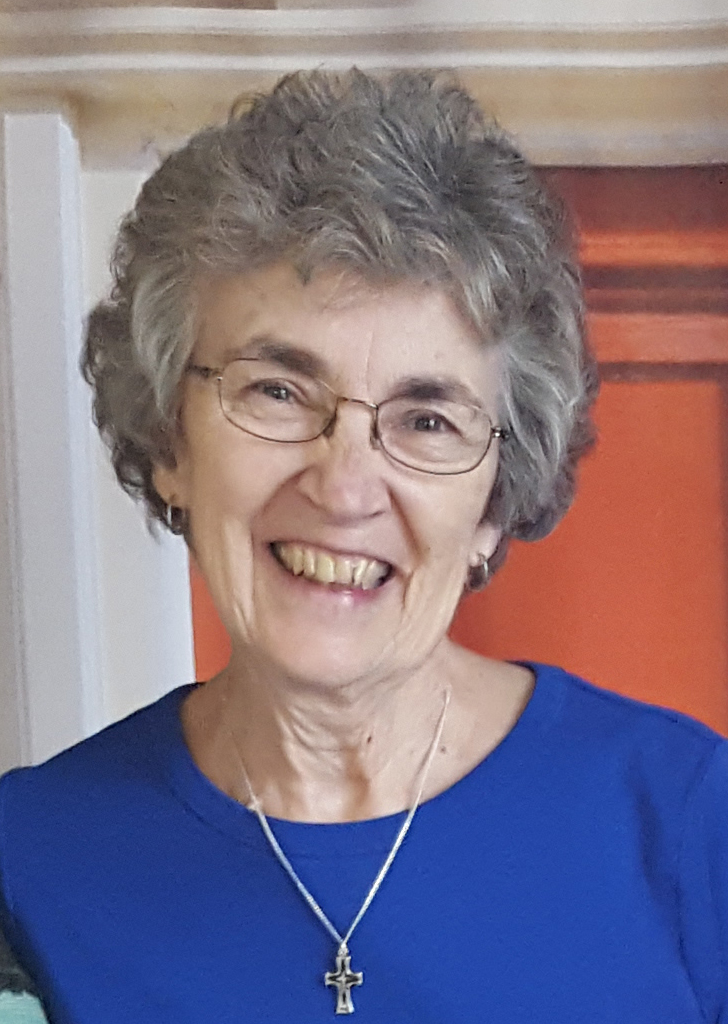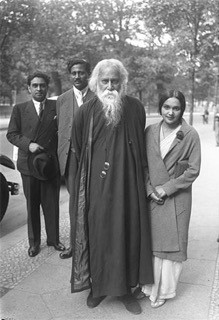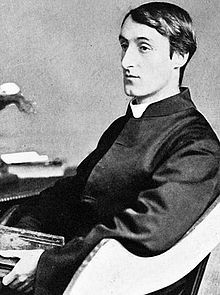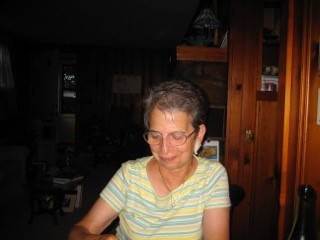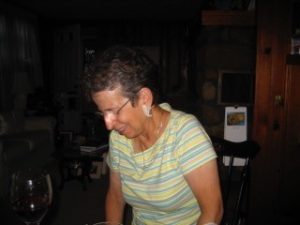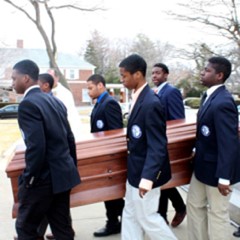Monday, April 16, 2018
“To hear
another’s voice,
follow
your own voice”
This post first appeared here in February 2017 during an in-between time with hints of spring in a winter context. I am writing from my sister Mary’s snow-bound home where 20+ inches of snow was blown around for 2 days of blizzard winds (c. 25 mph). Lovely for sure; every few minutes a car drives by the river front road
For a few weeks David Whyte has been on my mind, wanting my attention. I am pretty sure I bought one of his books of poems and scrambled around my office looking enough times that to doubt that any of his books ever made a home here after all. Nudged by such little intuitions, I web wandered and stopped with the first DW poem that was new to me.
This poem by David Whyte does me good as the work week begins. I hope it helps you too.
Have a blest weekend.
john sj
Today’s Post: “Start Close In”
Start close in,
don’t take the second step
or the third,
start with the first
thing
close in,
the step
you don’t want to take.
Start with
the ground
you know,
the pale ground
beneath your feet,
your own
way to begin
the conversation.
Start with your own
question,
give up on other
people’s questions,
don’t let them
smother something
simple.
To hear
another’s voice,
follow
your own voice,
wait until
that voice
becomes an
intimate
private ear
that can
really listen
to another.
Start right now
take a small step
you can call your own
don’t follow
someone else’s
heroics, be humble
and focused,
start close in,
don’t mistake
that other
for your own.
Start close in,
don’t take
the second step
or the third,
start with the first
thing
close in,
the step
you don’t want to take.
from River Flow: New & Selected Poems
Many Rivers Press
David Whyte b. 1955

